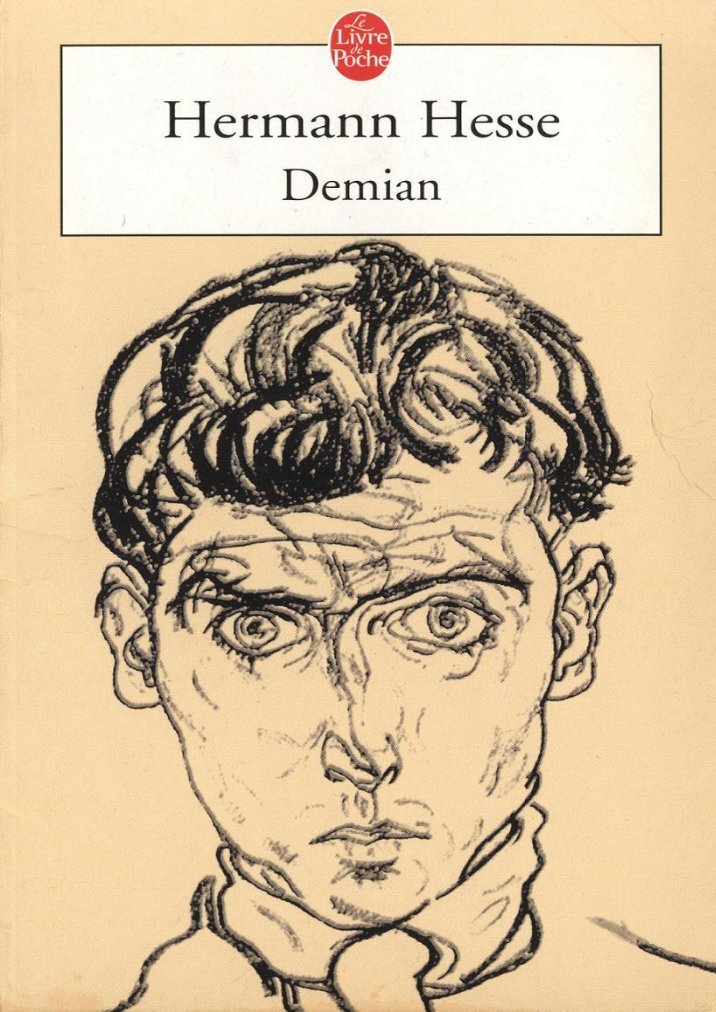

I have only been able to wade into the shallow waters of the seemingly endless ocean of Jung (and Jungian scholarship) in this bibliography, but my hope is that it may serve as an initial orienting map for the significance of Jung in the study of religion.ĭer bisherige Forschungsdiskurs zu Hermann Hesses 1906 erschienener Erzählung Unterm Rad enthält viele offene Fragen. While some of these distinctions have been eroded by our now thoroughly electrically interconnected global civilization, the contributions made to Jung's thought by Asian religions is considerable, as is their influence on contemporary ("new-age") spirituality, for which Jung serves as a kind of cultural guru figure. However, Asian religions also offered Jung a different cultural psychology with which to contrast (sometimes unnecessarily) that of modern European westerners. He is in this sense a syncretist, trying to coax out the new consciousness contained as a seed within older religious forms, integrating them by reading them through the lens of his psychological theory. Jung is more or less always relating the ideas he sees in religious traditions, both western (Christian) and Asian (Hindu, Buddhist, Daoist), to his own emerging psychological-metaphysical theory (which he will be quick to qualify isn't really metaphysical, even though it is), which is his primary concern. This parallels Jung's dual aims of creating a psychological theory and helping his patients individuate while also prophesizing and proclaiming the emergence of a qualitatively new religious consciousness. In his writings on religion and its relationship to psychology it is evident that these experiences served as the foundation for Jung's theoretical work, which exhibits a dyadic structure that oscillates (and often bridges the gap) between the metaphysical and the psychological. The majority of Jung's own experiences are recorded in The Red Book and his auto/biography, Memories, Dreams, Reflections, as well as the forthcoming Black Books, which I have not had the opportunity to include here. In this bibliographical essay, I have attempted to chart a course into the religious dimensions of Jung's thought, focusing on his relationship to his own mystical experiences and to the religious ideas to which he was drawn in the endeavor to clarify what such experiences meant in the context of his psychology. Keywords: Self, Anima, Animus, Persona, Shadow, individuation Harry Haller has yet to find his way to himself. The process of individuation is, in fact, the way to infinity. It becomes possible due to return to our spiritual core, to our Self.
#DEMIAN HERMANN HESSE PDF ITA FULL#
For the salvation of humankind as a whole and every single human in our world full of conflicts and violence, we all need to experience the feeling of our spiritual unity and our deep connection to the universe. The questions raised by Jungian analysis push us beyond our limits to the great alchemical mystery - the wholeness of our own souls. However, nothing was impossible - everything was just beginning. It seems that he has remained at the same point, where we had met him. At the end of the novel, Harry Haller failed to cope with this challenge. However, this is a never-ending process, unattainable ideal. Recognizing, confronting and assimilating the Ego, Anima/Animus, Shadow into the larger realm of the Self, one achieves a new level of consciousness. Individuals have to realize this unity on their way to the Self. In the novel, the human nature is depicted as the eternal struggle and eternal unity of two polarities. Harry Haller’s mission is to overcome opposition between his social cultural «I» and Shadow (Steppenwolf), to recognize and accept his Anima (Hermine), to understand the mystery of the identity of Pablo, who embodies chthonic depths, and Mozart, who represents sublime spirituality, that is, to comprehend his own Self. And the very novel «Steppenwolf» brightly illustrates Jung’s individuation process. This idea is based on Jung’s concept of the collective unconscious. Actually, he consists of hundreds and thousands of them.

Harry Haller learns from the «Treatise on the Steppenwolf» that he has more than two natures. «Steppenwolf» is the story of a man who is dogged by controversy: he feels himself to be a human and a wolf at the same time. Hesse’s novel «Steppenwolf», in the context of Jungian process of individuation. This paper aims to analyze the life journey of Harry Haller, protagonist of H.


 0 kommentar(er)
0 kommentar(er)
